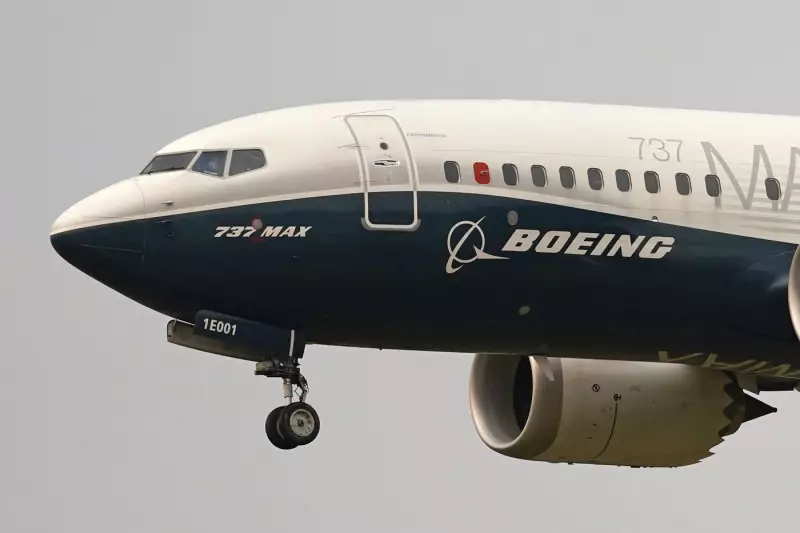
In a stunning financial blow that underscores the deepening crisis at one of aviation's most storied manufacturers, Boeing has announced nearly US$5 billion in additional charges on its embattled 777X widebody jet program.
The Chicago-based aerospace giant revealed Wednesday that it's taking a US$3.5 billion pre-tax charge in its fourth quarter, adding to the US$1.2 billion hit announced just three months earlier. Combined with earlier writedowns, the total financial damage to the 777X program now approaches a staggering US$8 billion.
Certification Timeline Pushed to 2025
The mounting financial losses come as Boeing pushes back its certification timeline yet again. Company executives now don't expect to deliver the first 777X aircraft until 2025, citing "updated assumptions for certification requirements" and "regulatory guidance on the program schedule."
This represents another significant delay for the twin-aisle jet, which was originally scheduled to enter service in 2020. The program has been plagued by multiple setbacks, including design challenges, supply chain disruptions, and intensified regulatory scrutiny following the 737 MAX crises.
Market Conditions Worsen Financial Pain
Beyond the technical and regulatory hurdles, Boeing faces deteriorating market conditions for large widebody aircraft. The global pandemic has dramatically reduced international travel demand, leaving airlines with excess capacity and little appetite for new, expensive aircraft.
"The aviation industry continues to face significant challenges," Boeing CEO Dave Calhoun acknowledged in a statement. "We're taking appropriate steps to manage our production system and adapt to market demand."
What This Means for Airlines and Passengers
- Major carriers like Emirates, Qatar Airways, and Singapore Airlines will face further delays in fleet modernization
- The 777X's promised fuel efficiency improvements won't reach airlines struggling with high operating costs
- Passengers will wait longer for the enhanced comfort features Boeing promised with the new aircraft
- Competitor Airbus gains additional advantage with its A350-1000 in the large widebody segment
Broader Implications for Boeing's Recovery
The massive writedown represents another obstacle in Boeing's multi-year effort to recover from the 737 MAX grounding and pandemic-related downturn. While the company's commercial airplane division has seen some recovery in narrowbody demand, the widebody market remains deeply challenged.
Analysts suggest the extended timeline for the 777X raises questions about Boeing's ability to compete effectively in the large aircraft segment, where Airbus has steadily gained market share. The financial impact will also pressure Boeing's cash flow and balance sheet as the company works to manage its substantial debt load.
Despite the challenges, Boeing maintains that the 777X will be "the largest and most efficient twin-engine jet in the world" when it eventually enters service, featuring new carbon-composite wings and advanced engines from General Electric.





